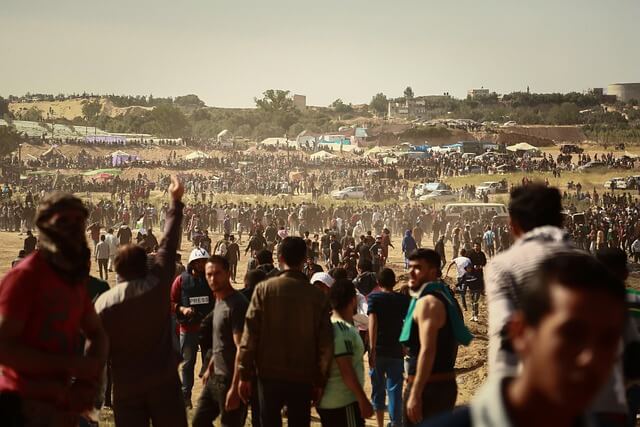With World War 3 tensions rising in 2025, the question is: what went wrong with Donald Trump’s peacemaker presidency vow? Review the events that lead to war and the failed promises.
Introduction: A New World Conflict in 2025?
Donald Trump ran in 2016 and again in 2024 on a strong promise: to bring an end to “endless wars” and repatriate American soldiers. But by mid-year 2025, the planet is on the brink of World War 3, with various flashpoints flaring all over the world. How did this come to pass? Did the promise of peace succumb to international realty, or did the policy of the United States under Trump ignite the flames?
This blog discusses the increased fears of a World War 3 situation, Trump’s foreign policy legacy, and the way geopolitical tensions got out of hand in mere months.
Geopolitical Triggers Leading to World War 3 in 2025
1. Israel-Iran War Escalation
One of the major hotspots in 2025 has been the all-out confrontation between Iran and Israel that brought regional actors and international response into play. In the face of appeals for de-escalation, Trump’s military posturing triggered adamant support for Israel—fuelling more clashes.
2. China-Taiwan Crisis
Beijing’s aggressive actions towards Taiwan, responded to by U.S. naval presence in the South China Sea, took tensions between U.S. and Chinese nations to a boiling point. Trump’s hawkish approach towards China, playing well in politics back home, might have led to strategic blunders on both sides.
3. Russia and Eastern Europe
Under the shadow of Ukraine, Trump’s vague policy towards NATO and ramped-up isolationism undermined Western deterrence. Russian incursions in the Baltics in 2025 tested NATO’s determination—eliciting dread of wider war in Europe.
Trump’s Peacemaker Promise: A Broken Vow?
As Trump returned to the White House in January 2025, he vowed to restore order, eschew global entanglements, and “keep America out of foolish wars.” Critics contend that:
- His Israel bias undermined diplomatic efforts in the Middle East.
- His China tough talk was inconsistent and heightened tensions.
- His “America First” approach alienated allies and invited aggression from enemies.
Though Trump did not start any new U.S. invasions, indirectly through his actions (or lack thereof), he fueled instability leading up to worldwide conflict.
Expert Analysis: Is This Really World War 3?
Although not formally announced a “World War,” the 2025 war includes various continents and military actions by global powers. Defense specialists warn that unless they exercise urgent diplomacy, affairs might escalate into full-scale world war, particularly if nuclear states make incorrect calculations.
Last Thoughts: A Warning Story of Vows and Influence
The year 2025 could be remembered for more than the start of a global conflict, but for how rapidly peace vows can come apart at the seams. Trump’s administration promised to put America First, but now many wonder: at what expense?
No matter where you’re viewing from Washington, Tehran, Jerusalem, or Taipei, the lessons of 2025 are uncomplicated: peace isn’t a catchphrase—it’s an obligation.
❓FAQs: World War 3, Trump, and Global Conflict in 2025
Q1: Is World War 3 officially underway?
A: At mid-2025, there is no official announcement of a world war, but several of Asia’s, the Middle East’s, and Europe’s conflicts include great powers, prompting observers to call it a de facto world war.
Q2: What did Trump promise about war?
A: Trump promised an end to “endless wars” and fostering peace through strength. Trump’s government highlighted not getting into new wars, decreasing troop deployment, and negotiating directly with enemies.
Q3: In what way has Trump’s foreign policy helped to produce the present crisis?
A: Critics contend Trump’s unilateral alliances, anti-NATO speeches, and belligerent rhetoric with China and Iran destabilized the world and encouraged competitor powers.
Q4: What has Israel’s role been in the 2025 war?
A: Israel’s airstrikes against Iran in early 2025 provoked huge retaliation. American backing of Israel under Trump fueled the crisis, engaging regional players such as Hezbollah and Gulf nations.
Q5: Was this war avoidable?
A: Some analysts are convinced that early diplomacy, multilateralism, and de-escalatory measures could have contained the conflict. But nationalist foreign policy and military chest-thumping made it hard to negotiate.
Q6: What next?
A: World leaders today are under tremendous pressure to mediate ceasefires, avert nuclear escalation, and restore diplomatic norms. The world waits with bated breath as 2025 becomes a point of turning in recent history.



